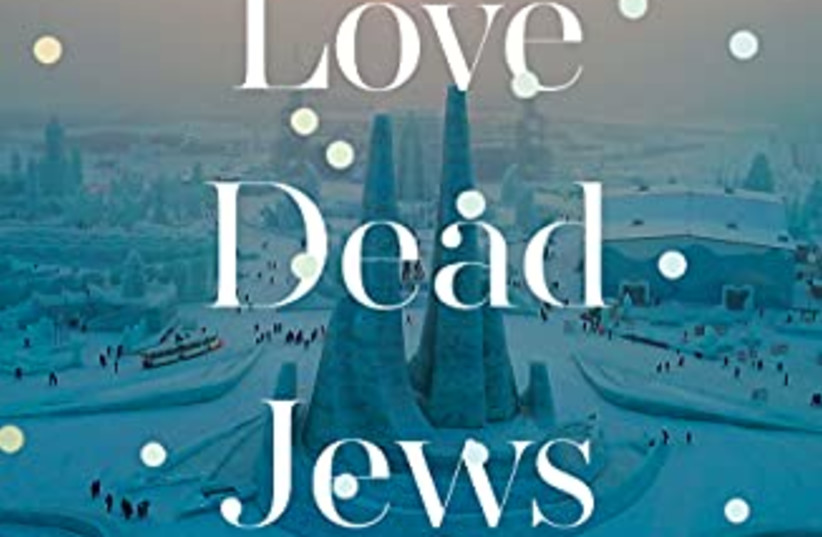To her credit, Horn does not shy away from speaking hard truths. She candidly states that “people might go to Holocaust museums to feel sad, and then to feel proud of themselves for feeling sad. They will have learned something officially important, discovered a fancy metaphor for the limits of Western civilization. The problem is that for us, dead Jews aren’t a metaphor, but rather actual people that we do not want our children to become.”
She recognizes that, for many gentiles, “Jews were people who, for moral and educational purposes, were supposed to be dead.” She decries the prevalent yet perverse “mania” for and “popular obsession” with dead Jews, and the glaring disparity between this morbid fascination and the callous apathy for living Jews, routinely troubled by bigotry and regularly menaced by the hateful and violent. As an alert American Jewess and a lucid thinker, the authoress laments the abiding tolerance not only of antisemitism but of its predictable outcome, Judeocidal murder and mass murder, and is especially exercised by the proliferation of these dark phenomena in the US, no longer as exceptional as American myth insists. She rightly disdains “the debasing act of succumbing to discrimination instead of fighting it”, and soberly avers that “the world really is full of s***. We can pretend the s*** is not there, or we can think through how to live with it without making ourselves sick.”
To humanity’s profound disgrace, that non-Jews love dead Jews hardly qualifies as breaking news. For two millennia gentiles have loved (and even deified) a particular dead Jew. Horn concedes that “people murdering Jews, as a three-thousand-year-old global phenomenon, is pretty much the opposite of news.” Indeed, People Love Dead Jews was written reluctantly and only after two decades of Horn avoiding writing anything like it; it is dedicated to Horn’s children with her “fervent hope that they will never feel the need to read it.” So what deep-seated motivation ultimately impelled the successful fictionist to compose this nonfictional work? A combination of catharsis and ancestral loyalty: “I am forever haunted, as all living people always are, our minds the dwelling-places for the fears and hopes of those who came before us.”
Distressed by the all-too-familiar zeitgeist, Horn seeks solace by reverting to Judaic study and Jewish community, the existence of which attests to Jewry’s historically unprecedented perseverance in the face of enduring prejudice and malice. She refrains from proposing solutions to antisemitism – perhaps because it is the moral malady of antisemites, whose own responsibility it is to remedy – but leaves readers with the impression that it devolves on collective Jewry to steadfastly defend Jewish lives and sedulously cherish Judaic heritage. This, too, may not strike readers as breaking news, yet often the most straightforward answer moonlights as the most sensible.
Properly instilled with a measure of amour-propre, Horn blows the tekiyah even when most resort to a sha, shtil attitude. Part exposé, part cri de coeur, part wake-up call, People Love Dead Jews amounts to a Zolaesque broadside and serves as an incisive indictment of all who – wittingly or unwittingly – partake in humankind’s most infectious and iniquitous enmity.

